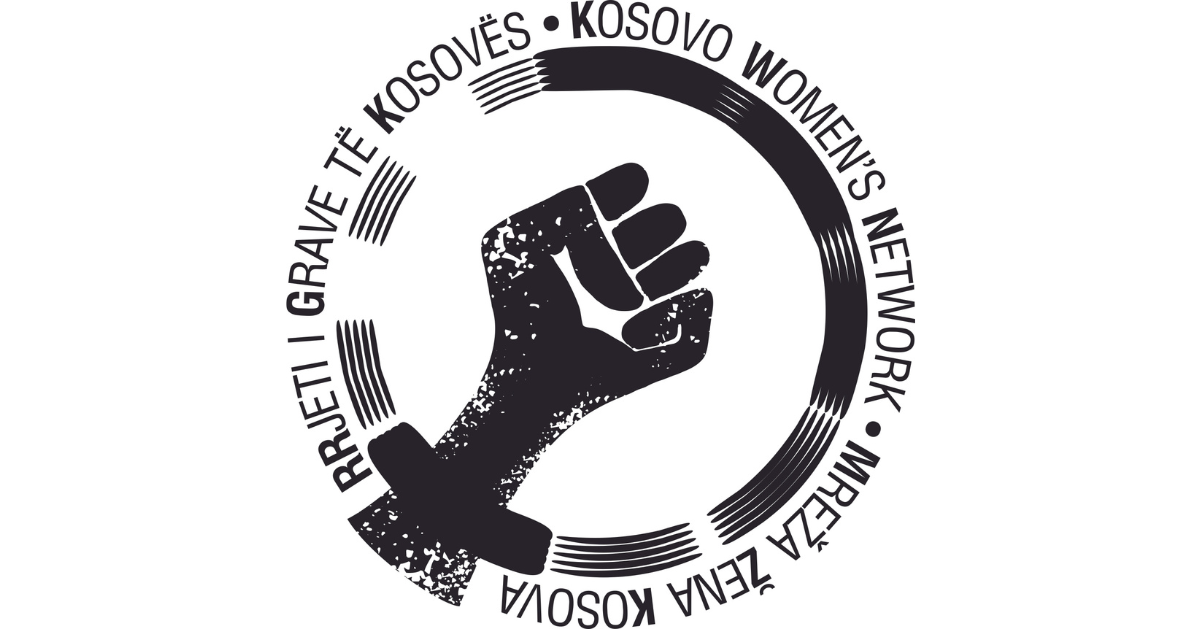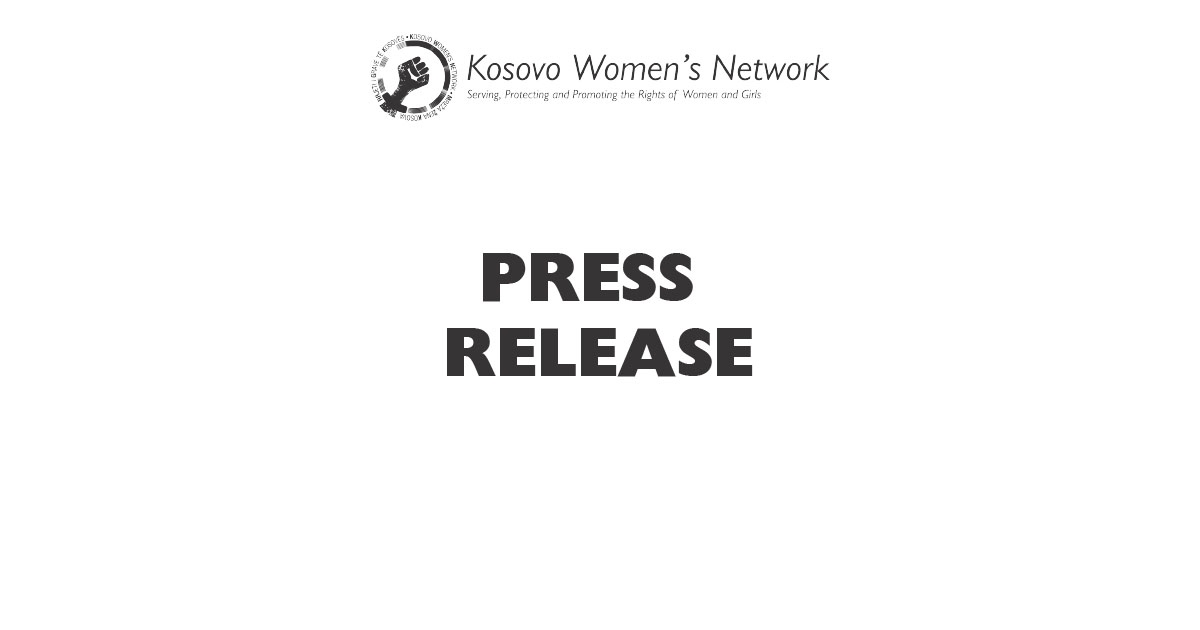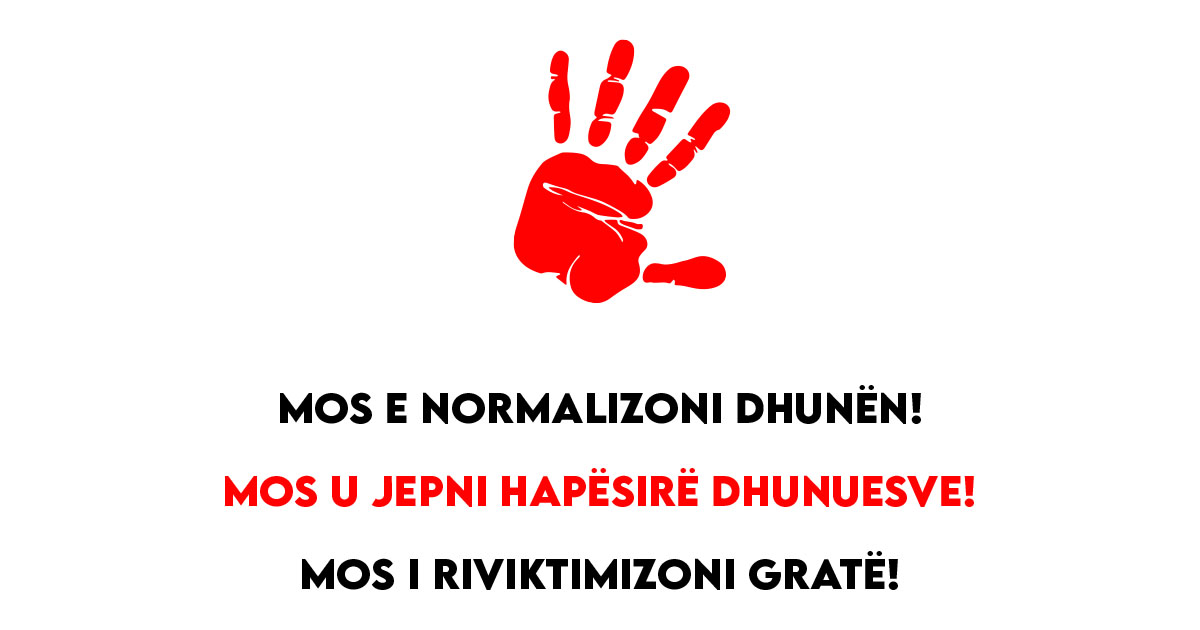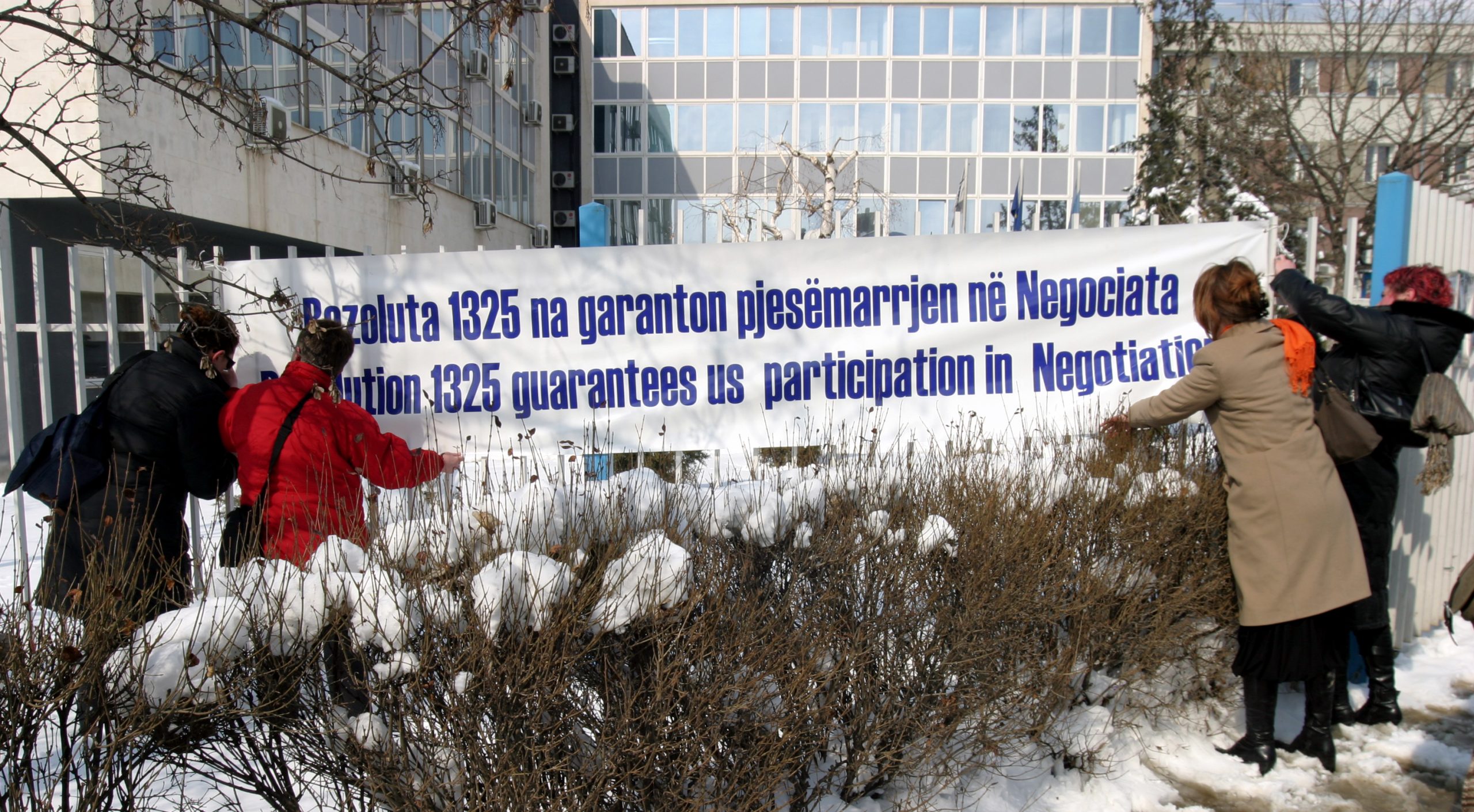The Kosovo Women’s Network (KWN) has conducted a detailed analysis of this year’s European Commission (EC) Report on Kosovo, focusing on issues related to gender integration.
The commentary highlights both positive developments and areas that require further attention to enhance gender equality in Kosovo.
“Overall, the Report addressed approximately 70% of the recommendations made by KWN and its members. The Commentary states that four pledges that directly address gender equality have been included based on the data sent by KWN and other civil society organizations.”
Specifically, concerning the advancement of gender equality, the 2023 Report states that Kosovo should make improvements in the following areas:
- Rule of law: Improving the capacities of judges and prosecutors to handle cases of gender-based violence in accordance with the laws, the 2022-2026 Strategy against domestic violence and violence against women, and the new State Protocol for handling cases of sexual violence.
- Fundamental rights: Strengthening the protection of civil and fundamental rights of women by adopting the Civil Code, implementing the Law on prevention and protection from domestic violence, and strengthening the implementation of the Law on gender equality and the Strategy on gender-based violence.
- Social policy and employment: Adoption of changes to the Labor Law to harmonize with the latest EU acquis, especially regarding non-discrimination in employment and parental leave; Continuation of deep reforms in the field of social assistance schemes to ensure better targeting and impact and to improve access to social services.
Highlighting areas requiring improvement, KWN emphasizes the ongoing absence of gender analysis within the security context, particularly in regions affected by increased violence.
The neglect of women’s roles in peace processes persists, impacting inclusiveness in the Kosovo-Serbia Dialogue. The full treatment of gender-based violence under the rule of law chapter remains incomplete, and there is a lack of sufficient gender-disaggregated data in various sectors, impeding a comprehensive understanding of societal needs.
KWN recommends several actions to enhance the comprehensiveness and representativeness of future reports. KWN urges the EU to maintain its commitment to advancing gender equality in Kosovo, underlining the importance of continuous efforts to address remaining gaps. The full commentary is available here.





